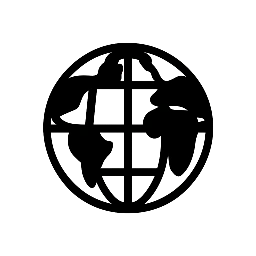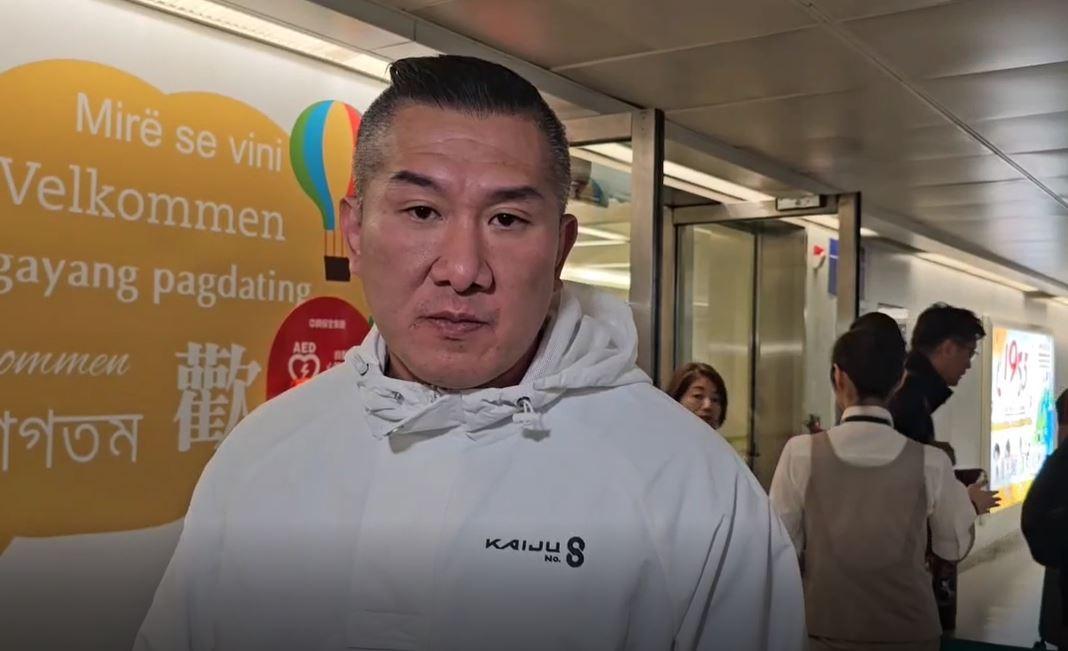Written by Meng Kit Tang.
Image credit: 中天新聞/ Facebook.
Introduction: Engagement as the Missing Middle
In mid-2025, Taiwan-China relations are dominated by military brinkmanship, diplomatic antagonism, and polarised media narratives. Taiwan’s Democratic Progressive Party (DPP) stresses sovereignty and deterrence, while Beijing intensifies pressure through military, economic, and ideological means.
Yet beneath the surface, a different kind of diplomacy is unfolding. Former Taiwanese President Ma Ying-jeou recently led a youth delegation to the 17th Straits Forum in Fujian. At the same time, Taiwanese influencer Chen Zhihan completed a livestreamed tour of Shanghai and Hangzhou, drawing millions of views.
These exchanges may seem minor. But when grounded in transparency and democratic safeguards, people-to-people contact becomes more than symbolic. It becomes strategic. This commentary argues that Taiwan should not abandon engagement, but shape it — to build trust, defuse propaganda, and complement hard deterrence with soft resilience.
Cross-Strait Relations: A Landscape of Tension and Opportunity
The Taiwan Strait remains one of the world’s most precarious flashpoints. In recent years, the DPP has adopted a firm stance, strengthening asymmetric defence capabilities and emphasising democratic identity. At the same time, the Kuomintang (KMT) has called for greater engagement, arguing that open communication can help reduce the risk of miscalculation and promote mutual understanding.
Mainland China has adopted a two-pronged strategy. Military assertiveness continues, with frequent People’s Liberation Army (PLA) incursions near Taiwan’s airspace and waters. Simultaneously, Beijing encourages cultural and grassroots exchanges, positioning these initiatives as proof of goodwill and shared heritage.
The international community walks a careful line. The United States, Japan, and the European Union continue to support Taiwan’s security through arms sales and diplomatic engagement. At the same time, they encourage non-military exchanges that may stabilise cross-strait relations in ways deterrence alone cannot achieve.
Economic ties remain strong despite political tensions. Since 1991, Taiwanese companies have invested over 200 billion US dollars in mainland China, with trade continuing to flow even during moments of heightened political rhetoric. These enduring connections suggest that even amid conflict, there remains space for engagement.
Pro-Engagement Visits: Moments That Defy the Narrative
In June 2025, former President Ma Ying-jeou led a group of Taiwanese youth to the 17th Straits Forum in Fujian. The delegation participated in cultural heritage events, educational programmes, and community exchanges. Beijing praised the visit as a step toward peaceful integration, while Taiwan’s Mainland Affairs Council criticised it as a potential “united front” effort aimed at political influence.
Another example came from influencer Chen Zhihan, who livestreamed his visit to Shanghai and Hangzhou. His videos, which focused on daily life, public transportation, and local cuisine, received millions of views from Taiwanese audiences. The tone was light-hearted and neutral, emphasising the shared humanity of life across the strait. While some viewers appreciated the candid perspective, others raised concerns about the risk of soft propaganda and selective framing.
Together, these examples disrupted mainstream narratives of conflict, offering a glimpse into what empathetic, non-state-led engagement might look like.
A Managed Reality: The Paradox of Engagement
Beijing’s cultural diplomacy is not isolated, as many Taiwanese remain sceptical. Chinese officials often manage cross-strait interactions, showcasing high-speed rail, commercial centres, and scenic spots while omitting politically sensitive topics and dissenting views.
This controlled experience creates a contradiction: it offers a glimpse of Chinese culture but limits genuine interaction. Meanwhile, PLA military actions overshadow any positive feelings from cultural exchanges.
Taiwan responds with transparency, requiring all government officials, from central to local levels, to publicly disclose their China-related exchanges, overseen by the Mainland Affairs Council, to protect Taiwan’s independence while allowing engagement.
A Space Still Open: Public Sentiment and Global Support
Despite rising political tension, many Taiwanese still value the possibility of peaceful dialogue. A 2025 poll by the Election Study Centre at National Chengchi University revealed that 68 per cent of Taiwanese support cross-strait dialogue when it is based on equality and mutual respect. However, an overwhelming 85 per cent reject the “one country, two systems” framework.
This indicates a nuanced public view: openness to conversation, but not at the cost of democratic identity.
International allies also play a constructive role in creating these channels. The U.S.-Taiwan Education Initiative supports language programmes and academic exchanges that prioritise mutual respect and avoid political entanglements. Similarly, the Taiwan–Japan Educational Exchange Forum promotes student-led collaboration in science, arts, and heritage preservation.
Importantly, these exchanges are governed by democratic institutions that prioritise pluralism and transparency. This ensures that engagement, even when sensitive, remains grounded in shared norms and mutual benefit.
Cultural Exchange as Soft Deterrence
The 17th Straits Forum, held in Xiamen, brought together more than 7,000 participants for 56 events, including folk performances, culinary showcases, and academic workshops. While Beijing framed the forum as part of a broader reunification narrative, many attendees described it as a rare opportunity to connect with peers across the strait without official mediation.
These interactions build social capital by fostering personal connections that can influence public perceptions and policy discussions. They also help counter misinformation and stereotypes. For instance, Chen Zhihan’s livestream portrayed Chinese society as a complex, vibrant community shaped by everyday people. Thus, cultural exchange serves as a form of soft deterrence, strengthening Taiwan’s security by reducing the likelihood of dehumanisation between parties.
Real Risks, Real Safeguards
Engagement poses risks. The CCP has a history of using soft power to shape public perception and blur political lines. Economic leverage is a concern, as Beijing can pressure Taiwanese companies through targeted restrictions. Additionally, information control hampers quality dialogue across the Strait.
Information control adds to the concern, as the media in China often omits dissenting views, hindering open dialogue. However, these risks can be managed. Taiwan’s Cross-Strait Act mandates transparency in engagements, requiring participants to disclose funding sources and itineraries to ensure accountability.
Public education completes the loop. Taiwan’s investment in media literacy programmes enables its citizens to critically assess cross-strait content and spot manipulation or disinformation. In this way, engagement is not abandoned but made safer through democratic resilience.
Conclusion: The Courage to Connect
People-to-people and cultural exchanges are not a panacea. They cannot resolve core political disagreements or substitute for a formal peace process. But they can shift perceptions, create emotional bandwidth for dialogue, and keep the door to peaceful coexistence open.
In a sceptical environment, maintaining civil discourse is a brave act. Events like the 17th Straits Forum, Chen Zhihan’s livestream, and youth education initiatives show that connections are still possible. With proper safeguards and international support, these efforts can thrive while respecting Taiwan’s democratic values.
It is easy to focus on threats, but building trust is more challenging yet essential. In the face of rising geopolitical tensions, choosing to engage openly and compassionately may be Taiwan and China’s best chance for peace.
Meng Kit Tang is a Singaporean freelance analyst and commentator who works as an aerospace engineer. He graduated from the S. Rajaratnam School of International Studies (RSIS), NTU, Singapore in 2025.


Leave a Reply
You must be logged in to post a comment.